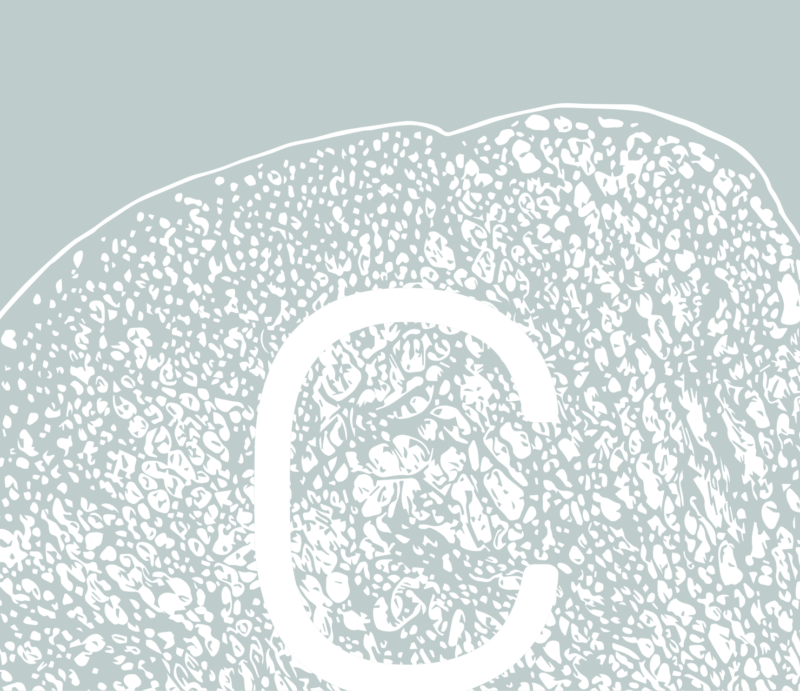Section C Project C02
Role for the C-type lectin receptor Dectin-1 (Clec7a) in inflammatory periodontal disease
The best-known member of the C-type lectin family, Dectin-1, is highly expressed in monocytes and macrophages. Dectin-1 is activated by fungal or bacterial infections via the binding of β (1-3)-, β (1-6)- or α-glucans. Our preliminary experiments show that Dectin-1 activation stimulates osteoclast differentiation in vitro. Moreover, absence of Dectin-1 impaired bone destruction in the context of experimental periodontitis. Hence, Dectin-1 activation could provide an important mechanistic explanation for bone loss during infection. This project is designed to test whether Dectin-1 is a key linker between infection and bone destruction using periodontitis as a prototype disease, in which chronic infection leads to bone loss. Overall, the project seeks to define a novel pathway that orchestrates bone destruction in the oral cavity with the long-term aim to identify risk populations of periodontitis patients that would profit from early anti-resorptive treatment.



